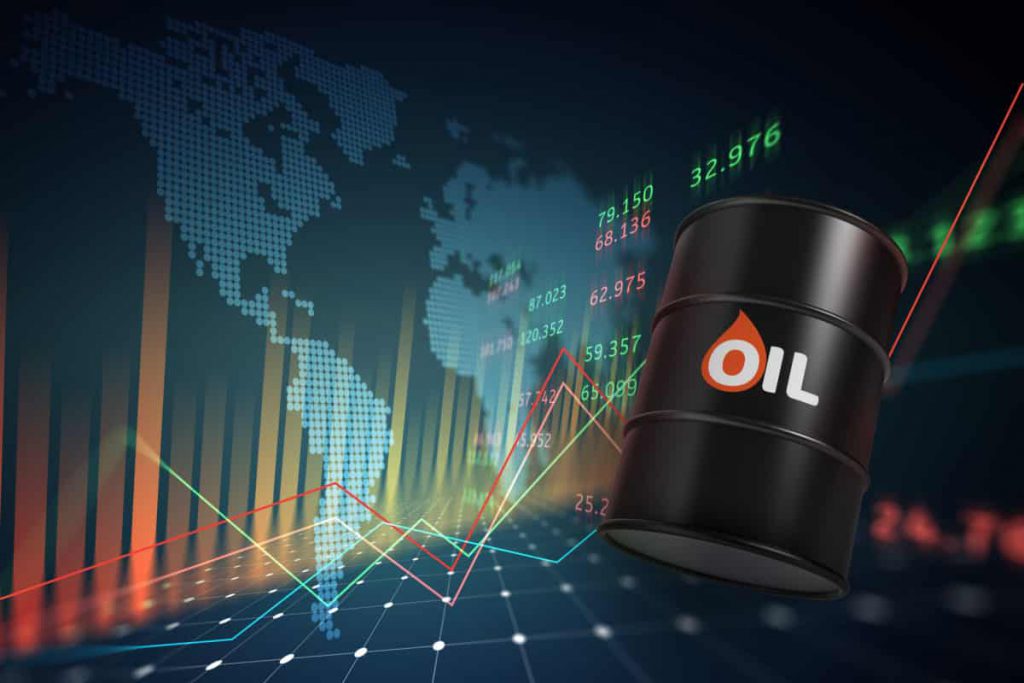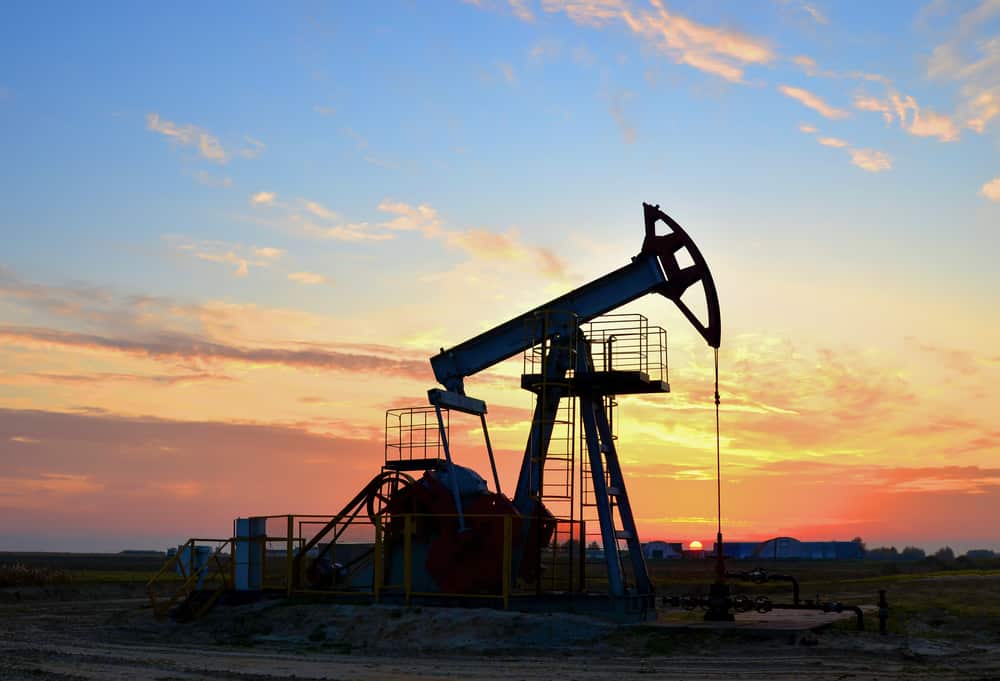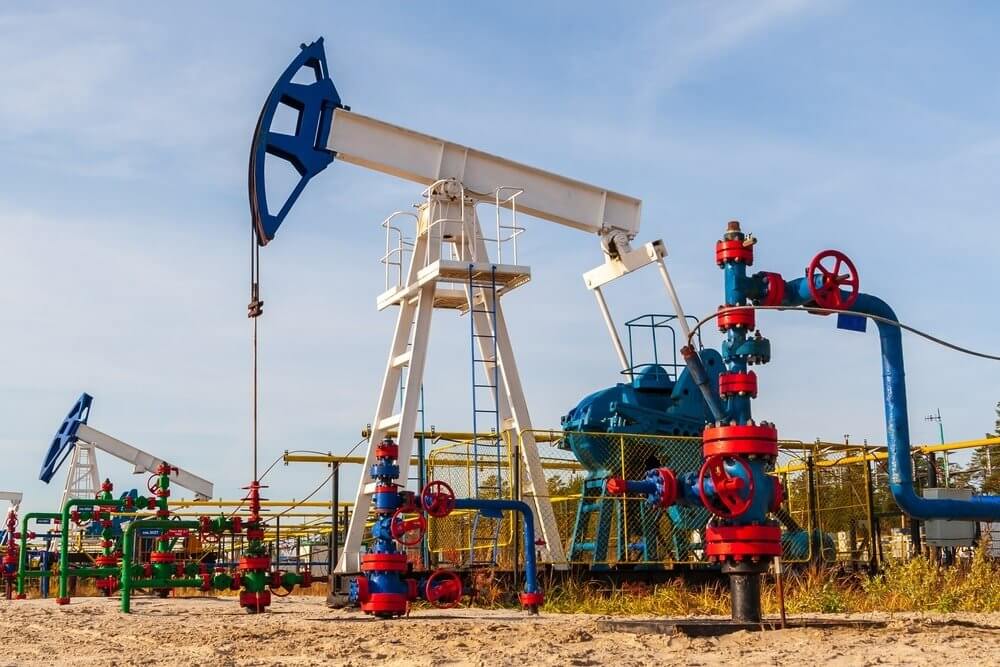
Oil prices rose in European trading
Oil prices increased in European trading on Friday as investors focused on next week’s OPEC+ meeting, which is expected to deflate US hopes for a supply boost.
Brent crude futures for September delivery, which expire on Friday, rose $2.34 to $109.48 per barrel at 0933 GMT, the highest since July 5. The more active October contract was trading at $104.13, up $2.30.
West Texas Intermediate (WTI) oil futures in the United States increased from $2.16 to $98.58 per barrel.
However, both contracts will likely lose money for the second month, falling 4.6 percent and 6.8 percent, respectively.
A weaker dollar and higher shares also helped on Friday. Oil prices fall for buyers using other currencies when the dollar value falls.
Global equities, which generally move in line with oil prices, were higher in hopes that monetary tightening in the United States will be less hawkish than initially anticipated following poor growth statistics.
The next meeting of the Organization of Petroleum Exporting Countries (OPEC) and its allies, led by Russia, known as OPEC+, will be a crucial driver on Aug. 3.
The club is considering keeping oil output steady in September, with two OPEC+ sources stating a slight increase is being explored.
A decision not to increase output would disappoint the United States, which had hoped to reach an agreement with Saudi Arabia to open the taps earlier this month.
On the other hand, analysts believe that OPEC+ will struggle to increase supplies because several countries are already failing to fulfill production restrictions.
Germany plans to introduce a levy for all its gas consumer
Germany is to charge all gas consumers beginning in October to avoid a wave of failing gas-importing and gas-trading companies amid record-high natural gas costs.
Russia is lowering Nord Stream flows to barely 20% of the pipeline’s capacity this week, just days after restoring the link at 40% capacity after regular maintenance.
The German government has previously stepped in to save Uniper, Russia’s single largest gas buyer in Germany. Uniper, like many other German gas merchants and suppliers, has been hit hard by decreasing Russian supplies and skyrocketing non-Russian gas prices.
According to the government’s proposals, all gas consumers, including homes, will be required to pay an additional charge to support Germany’s gas importing companies, which are struggling with a shortage of Russian gas and sky-high prices for non-Russian alternatives. The bill’s specifics will be released next month.
Russia has had little problem rerouting its oil exports
According to JPMorgan, Russia could divert its oil exports away from Europe without any problems, and the projected decline in output “never happened.”
Better-than-expected Russian output, along with the release of oil from global strategic reserves, helps explain the recent reduction in crude prices, according to Natasha Kaneva, the bank’s head of commodities research, in a note to clients.
Russia’s oil exports to Europe, its largest market, dropped rather sharply in 2022 as firms “self-sanctioned” the invasion of Ukraine by Vladimir Putin in late February.
On the other hand, Russia has been able to transfer its exports to Asia, with India and China increasing their imports. An increase in domestic demand has recently caused Russian oil production to return to pre-war levels. The oil market was pricing in the worst-case scenario — a 3 million barrel per day loss of Russian production mixed with record-high summer demand — at its peak, but it never materialized.”
Oil prices have dropped in recent weeks, with global production exceeding expectations and demand forecast to fall in the coming months as the global economy slows. WTI crude, the US benchmark price, has fallen approximately 10% in the last month and was trading around $98 per barrel on Friday.
Russia’s oil and gas income have aided Putin’s government in propping up the ruble’s local currency, relieving some of the economy’s burden.
However, the economy is anticipated to contract significantly this year. Imports have plummeted as a result of internal pressures.




